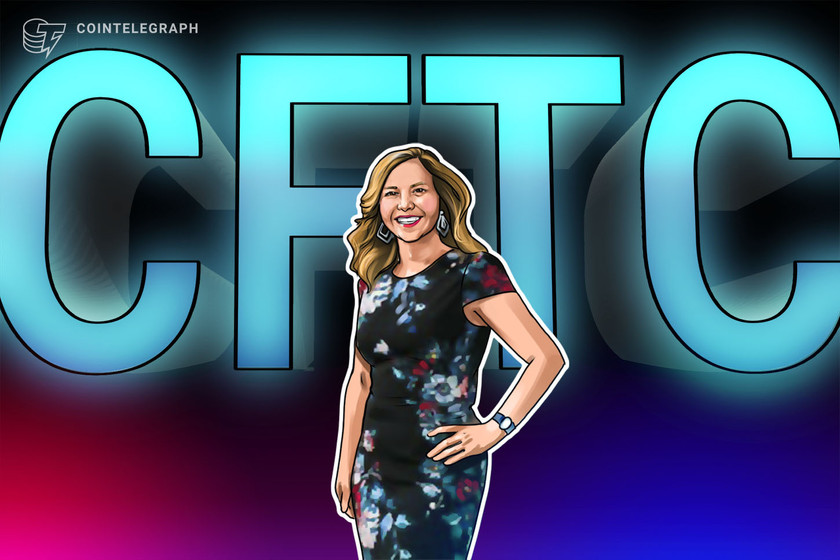US Senate committee hearing on FTX fail brings gaps in regulatory authority to light


CFTC Chairman Rostin Behnam appeared before the Senate Agriculture Committee to talk about how FTX’s collapse occurred and how it could have been prevented.
United States Commodity Futures Trading Commission Chairman Rostin Behnam told a Senate Agriculture, Nutrition and Forestry Committee meeting Dec. 1 that his agency’s regulations contain “core elements that have served the markets for decades.” But as the fallout from the FTX collapse gets sorted out, notable gaps in current legislation have come to light, Behnam and the senators agreed.
Senator Tina Smith called FTX’s collapse “shocking, not surprising,” and said that future crises will continue to occur as long as regulatory gaps remain. Behnam pointed out that the Securities and Exchange Commission has the authority to mandate basic safeguards, such as separation of house and customer money and best execution of investment trades.
We know how to do this,” Behnam said, trying to explain how the collapse occurred nonetheless:
“Invariably, the questions we are all obligated to answer as regulators are: ‘How did you let this happen?’ and ‘How will you prevent this from happening again?’ […] Without new authority for the CFTC, there will remain gaps in a federal regulatory framework, even if other regulators act within their existing authority.”
Behnam has lobbied for greater authority for his agency for months. He alluded to alleged conflicts between the CFTC and SEC when he dismissed talk of a “power grab.” Interagency cooperation is not new and will continue, Behnam said. Extending CFTC authority is “about filling a gap.”
“I think the responsibilities would be the same,” between the SEC and CFTC with comprehensive regulation, and CFTC regulation works well when it is applicable.
Behnam pointed to crypto derivatives and clearing platform and FTX subsidiary LedgerX as an example of successful CFTC regulation. But, “We at the CFTC do not have the legal authority to ask about an unregulated entity,” without a whistleblower, Behnam told Senator Tommy Tuberville, adding:
“We simply do not have the authority to register cash market exchanges […] This is the gap.”
Tuberville also pointed out that FTX had high governance marks from ratings agencies and asked if they can be sued. Oversight of ratings agencies is another “potential gap,” Behnam replied.
CFTC Chairman Behnam says DCCPA wouldve prevented the FTX collapse.
DCCPA would apply to a Bahamian exchange? https://t.co/5RTpBZravM
— Miller (@millercwl) December 1, 2022
Senator Kristen Gillibrand, co-author of the Responsible Financial Innovation Act with Senator Cynthia Lummis, told Behnam that there were “a couple of areas where I still see risks that are coming ahead.” Mergers and acquisitions were one such area. The CFTC paperwork for FTX to acquire LedgerX amounted to “a notice filing” at best, Behnam conceded.
There is also a question of how much influence overseas companies have over the United States and U.S. companies trading offshore, Gillibrand added.


















